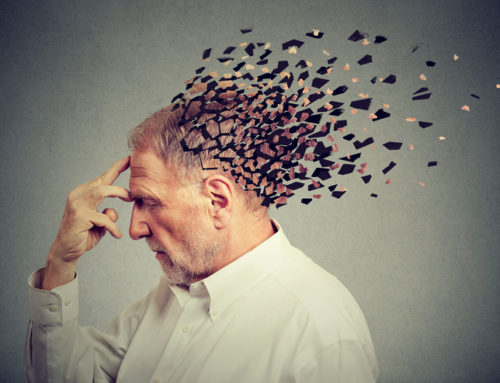The holidays never stop rolling in and it gets increasingly difficult to keep up with them all as the year goes on. America’s Independence day is right around the corner and we thought it’d be fitting to offer some tips on independent living with Dementia.
What is Alzheimer’s?
Alzheimer’s is a gradually progressing brain disease that is most commonly known as dementia. It can affect our daily routines drastically by bringing new challenges and recurring memory loss into your life. Alzheimer’s has many symptoms such as confusion of time or place, forgetfulness, anxiety, difficulty speaking or writing, and a change in mood. There are three stages of Alzheimer’s and at each stage, life is affected differently.
Mild – This stage is still known as the “early stage” of Alzheimer’s, normally when it is first diagnosed. It starts with difficulty remembering names, even confusing and jumbling family members names. Often misplacing objects and sometimes forgetting things they were just told.
Moderate – At this stage, what were once quirky symptoms are now heightened. Forgetting previous events, whether a week or a year ago. Further confusion on place, time, and date. If there wasn’t a difference in mood or behavior before, signs of being withdrawn or restless would show at this stage.
Severe – Alzheimer’s will progress at its own rate but once it’s diagnosed as a severe case, it is recommended for round the clock assistance and certain mental and even physical therapies. Cognitive abilities and basic functions can be a difficult task at this point.
Staying Sharp and Aware
Living with Dementia or advanced Alzheimer’s doesn’t mean you need to lose your independence, in mild to moderate cases of Dementia it is still safe to do a majority of your daily routines on your own. Only in severe cases is a personal, round the clock caretaker needed. There are a number of activities that keep the mind sharp and brain active.
Puzzles – These activities can range from actual puzzles to word games or our favorite community game, bingo. Puzzles can stimulate the brain and turn focus to the task at hand, making it a great activity for those struggling with Dementia.
Painting – Art is a form of expression that is used among all walks of life to ease the burden of anxiety, depression, and most other commonly known mental illnesses. This is used as a form of treatment for people with Dementia. Not only is painting therapeutic, but it is also a way to express ourselves without fighting to find the right words. A picture is worth a thousand words.
Music – Music is another form of art and expression and while most of us have different tastes in it, we can all agree that music acts as a form of therapy to all of us. This is no different for those with Dementia as it can trigger memories long forgotten or when played around the holidays, it can bring more holiday spirit than decorations ever could. What’s truly helpful about music with Dementia is that it takes both sides of our brain to store it. There are different factors like tempo, melody, and actual lyrics that all utilize different compartments of our brain and can act as a way to engage with each other.
Dementia in its many forms and stages can be tough around the holidays, but it is possible to stay independent and healthy while struggling with the changes in your brain. There are methods that allow those with Dementia to live on their own and stay in good health until severe cases arise. Cherish the simple moments and take a moment to celebrate America’s independence day with your loved ones.
Sources:





